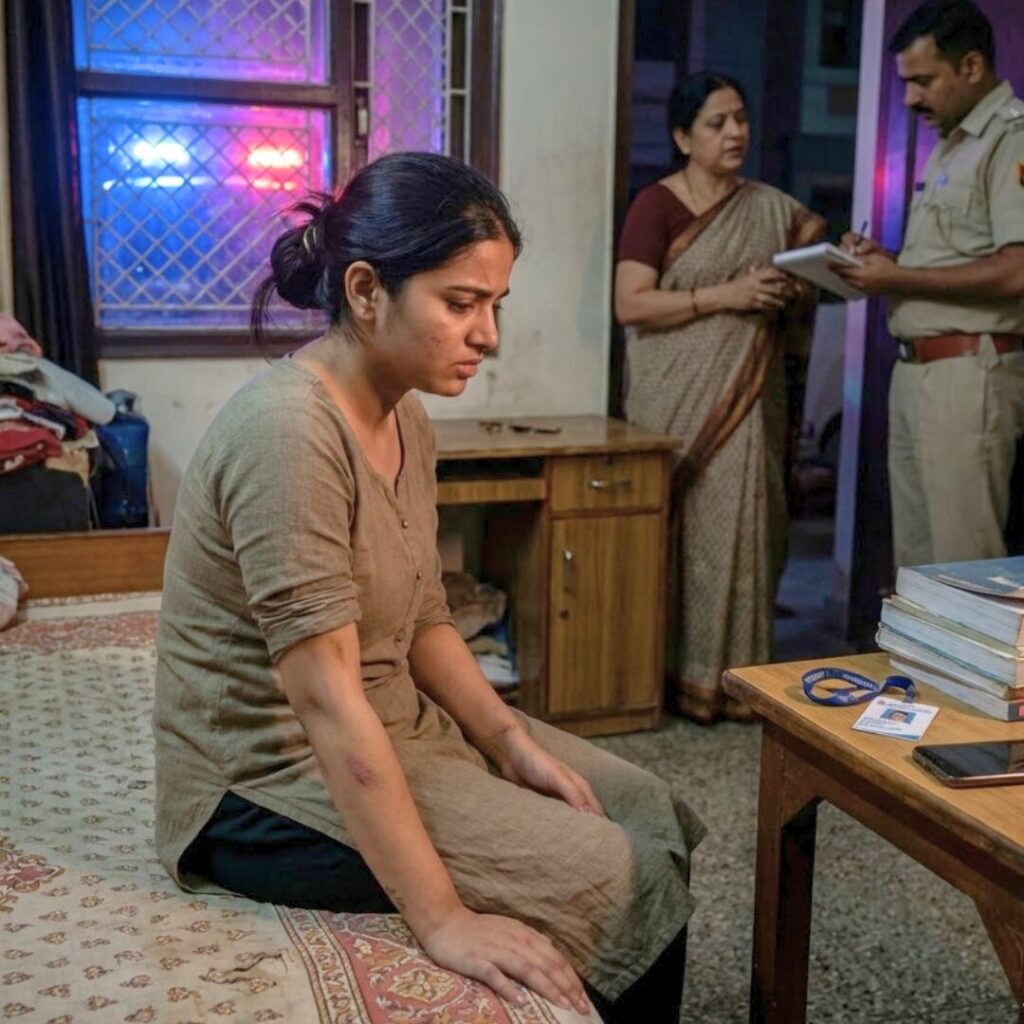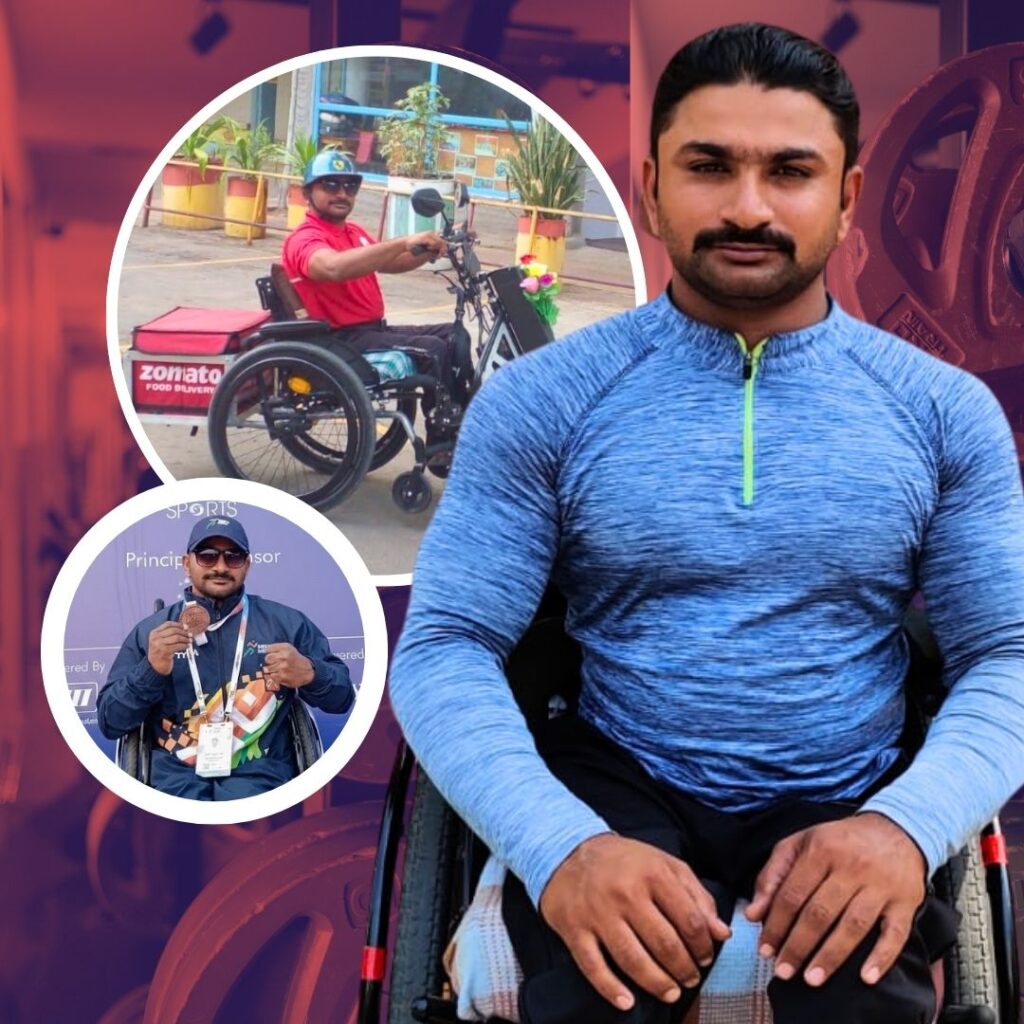A Kerala-based YouTuber, Sirajudheen, has been arrested on charges of culpable homicide after his wife, Asma, died from postpartum bleeding during a home delivery at their residence in Kodur, Malappuram district. Asma, 35, passed away on April 5 while giving birth to her fifth child without medical assistance.
Sirajudheen, who runs a YouTube channel called “Madavoor Qafila” with nearly 65,000 subscribers, allegedly attempted to secretly bury Asma’s body in Perumbavoor, Ernakulam. Kerala Health Minister Veena George condemned the incident, stating it was a “deliberate act of negligence” akin to murder.
The newborn is currently undergoing treatment, and Sirajudheen has been charged under sections 105 (culpable homicide not amounting to murder) and 238 (destroying evidence) of the Bharatiya Nyaya Sanhita (BNS).
The Incident and Its Aftermath
Asma’s death was attributed to postpartum haemorrhage, a condition that could have been prevented with timely medical intervention. Sirajudheen was charged after a preliminary investigation revealed that he failed to seek medical help despite Asma’s deteriorating condition.
Kerala Health Minister Veena George emphasized that denying medical treatment is a criminal offence and condemned the spread of misinformation about home births on social media. The police investigation is ongoing, with authorities examining Sirajudheen’s YouTube videos that reportedly discourage modern medical care during childbirth.
Asma’s family has filed a complaint accusing Sirajudheen of gross negligence and intentional endangerment by opting for an unsupervised home birth. The family’s allegations highlight the tragic consequences of prioritizing unscientific beliefs over medical care.
Background and Context
Sirajudheen’s YouTube channel, “Madavoor Qafila,” is known for publishing religious content and has been under scrutiny for videos critical of modern medical practices during childbirth. Authorities are reviewing these videos as part of their investigation.
Kerala has a low maternal mortality rate, but the state is concerned about the spread of pseudoscientific beliefs that pose a threat to public health and women’s safety. Health Minister Veena George highlighted that about 400 home births occur annually in Kerala, mostly among guest workers and in tribal regions.
The state plans to investigate the reasons behind this trend and take further action to combat misinformation. This case has sparked a broader discussion about the role of social media influencers in promoting health-related misinformation and the need for stricter regulations to prevent such incidents.
The Logical Indian’s Perspective
This tragic incident underscores the dangers of misinformation and the importance of seeking medical care during childbirth. It also raises questions about the responsibility of social media influencers in promoting safe health practices.
As we reflect on this case, we must consider how we can foster a culture that values evidence-based health advice and encourages dialogue between traditional beliefs and modern medicine.
How can we ensure that social media platforms are used responsibly to promote health and well-being, rather than endangering lives through misinformation? What steps can be taken to hold influencers accountable for the content they disseminate, and how can we support families in making informed decisions about their health?












